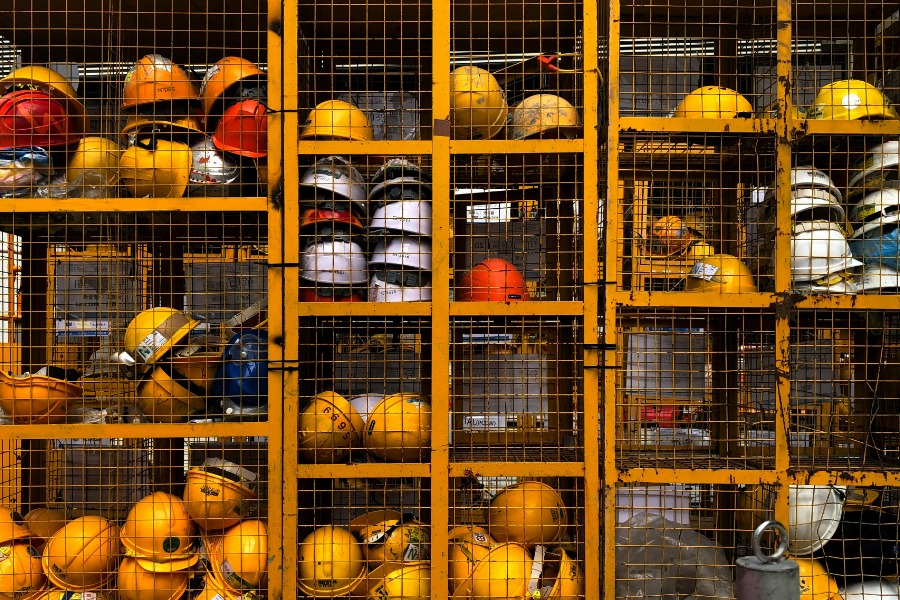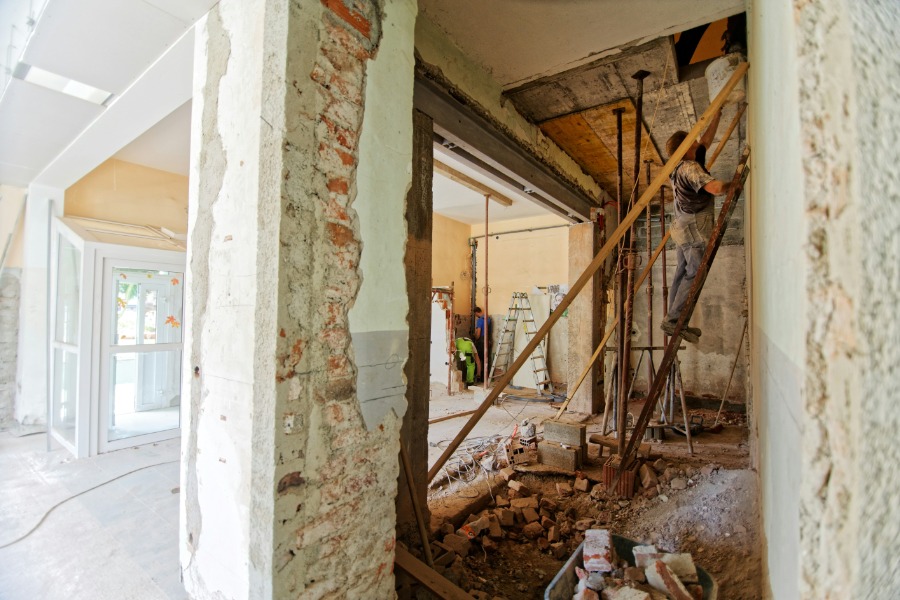Source: Construction Dive
Lawyers recommend using safety provisions that give supervisors discretion to stop work for environmental hazards.
Published July 25, 2023
Joe Bousquin Senior Editor
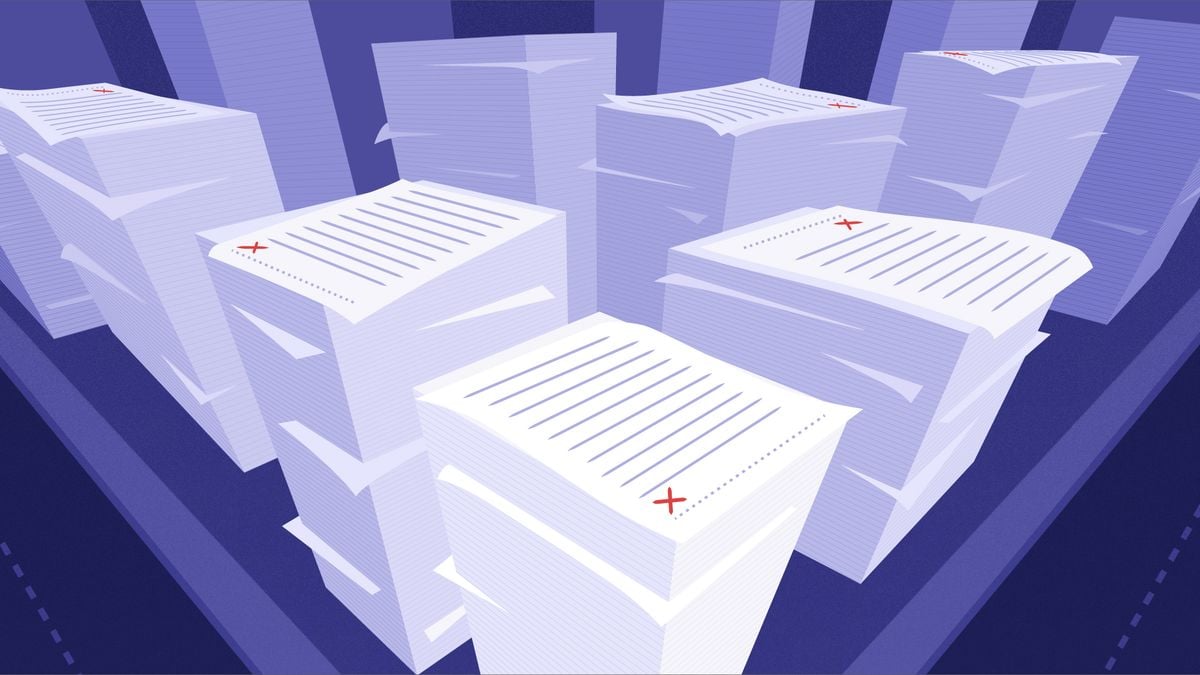
This feature is a part of “The Dotted Line” series, which takes an in-depth look at the complex legal landscape of the construction industry. To view the entire series, click here.
Construction is a dangerous job in the best of conditions. But this summer, jobsite hazards have been compounded by extreme heat and choking wildfire smoke over much of the country.
By late July, El Paso, Texas, had endured 33 straight days of triple digit temperatures, according to the New York Times, while wildfire smoke from conflagrations in Canada clogged skies as far south as the Florida panhandle.
Although OSHA has issued briefs emphasizing the importance of keeping workers safe from extreme heat and wildfire smoke, the agency doesn’t have specific standards mandating employer compliance.
“Climate change is uncharted waters,” said construction attorney Brian Lustbader, a partner at the Venable law firm in New York City. “There’s a failure to address these issues because they’re so new.”
Rules pending
OSHA is working on a standard for employers to adhere to during periods of extreme heat, but the timing for any new rules becoming official is still unclear. The agency also put out guidance to employers on protecting workers from wildfire smoke in June, noting the dangers of breathing partially burned particulate matter.
“Burned material less than 2.5 micrometers in diameter … can enter the lungs and even bloodstream and is linked to serious health problems, including lung, heart and kidney disease,” the agency said in a news release.
But while that guidance urged employers to take steps like giving workers respirators and rescheduling work or letting employees work inside when possible, contractors who responded to a recent survey on Construction Dive said that wasn’t the same as having a mandatory rule.
Indeed, contractors have said previously that a lack of regulations around working outside on smoky days puts them in a hard spot with owners. Because a construction company can’t say it had to shut down to comply with a heat or smoke mandate, contractors can often feel pressured to stay on the job to meet project schedules.
“I am very concerned with how some will react when given choices,” said Shannon Garrett, business owner of Hage Electric & Construction Services, based in The Dalles, Oregon, in response to the Construction Dive survey. “If air quality or heat index are unhealthy, we as an industry need to be more concerned with the health of people than the job timelines.”
Nicholas Fragola, head of safety at Colantonio, a Holliston, Massachusetts-based contractor, compared the situation to big league athletic events being postponed for the safety of players and fans.
“Just like if a professional sport is canceled due to bad air quality, we should be thinking about the same thing for our own employees,” Fragola wrote.

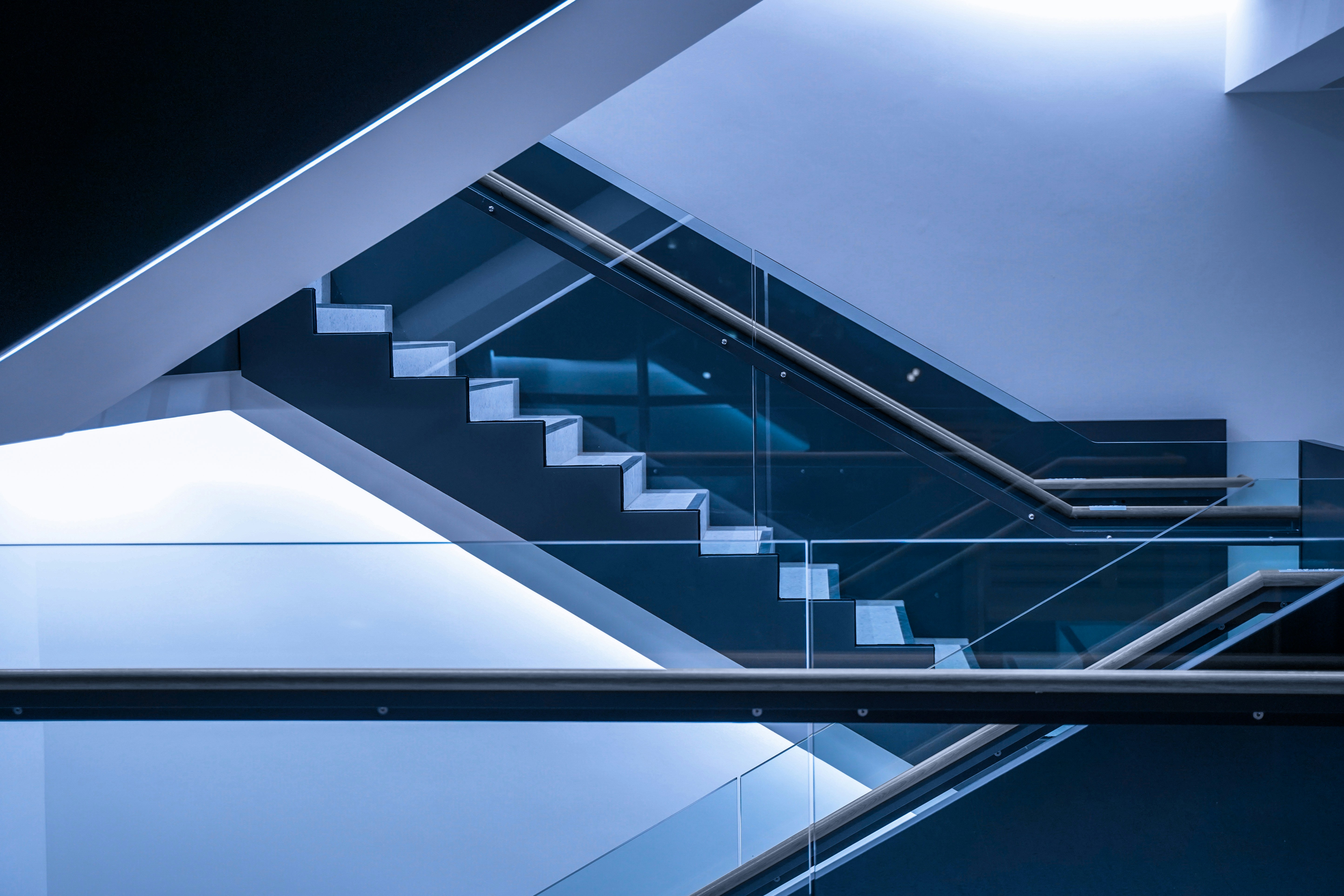
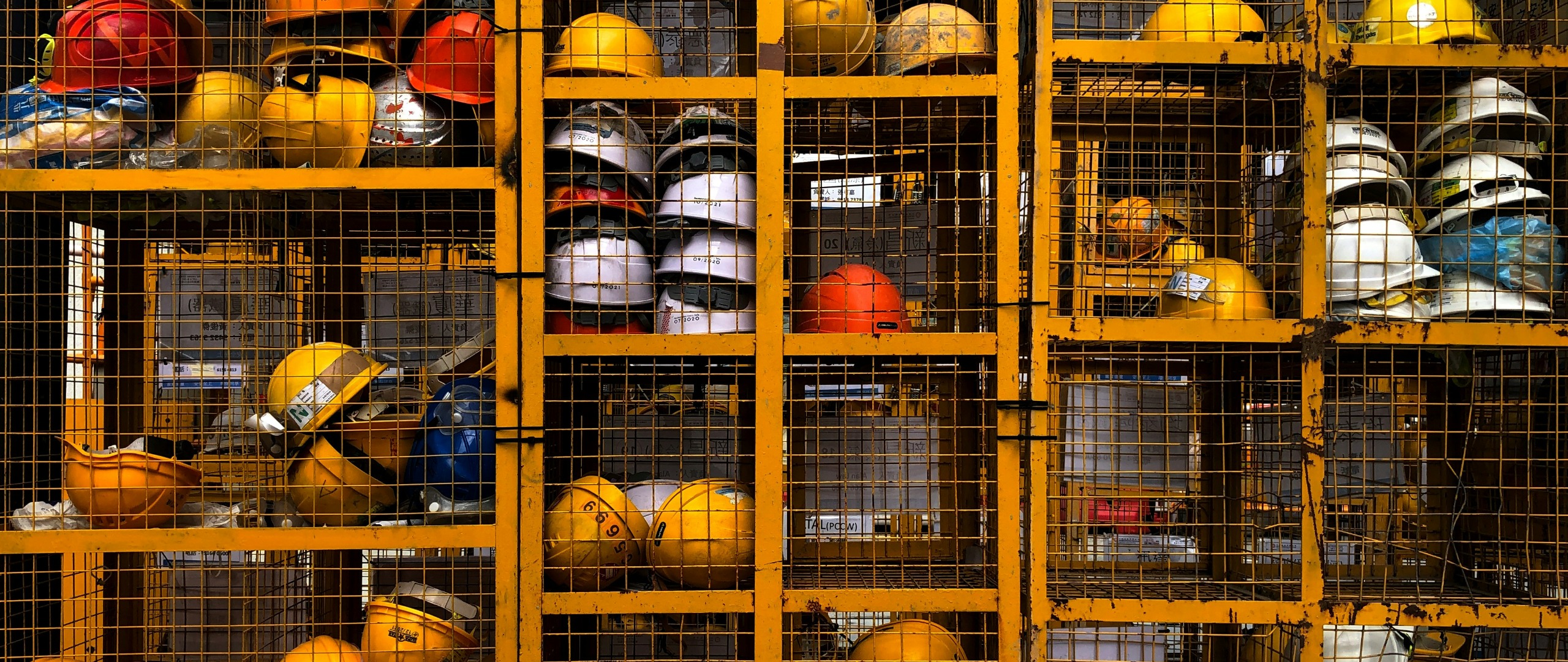
.jpg)

